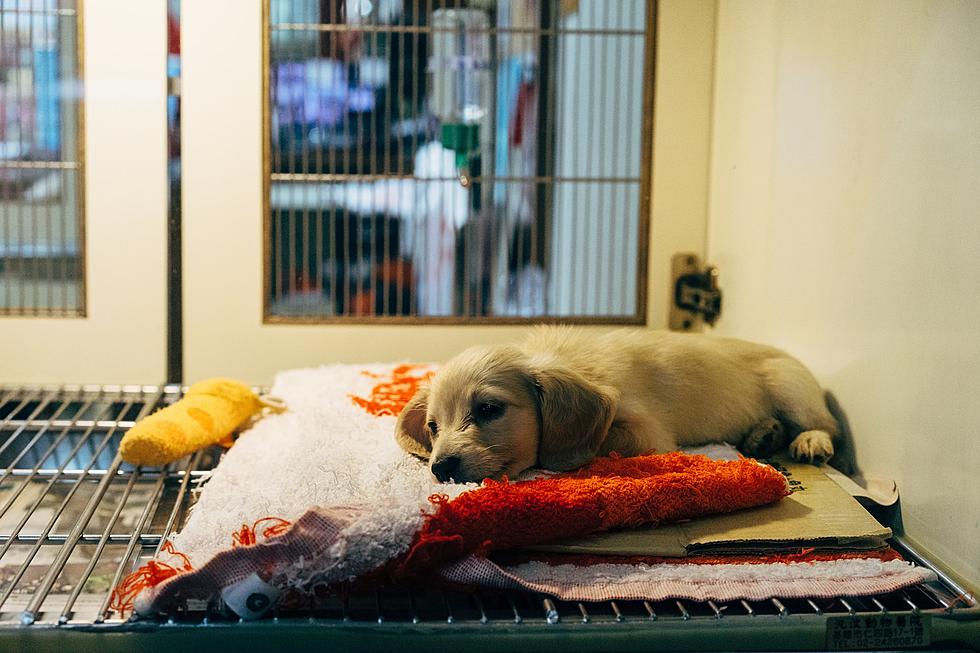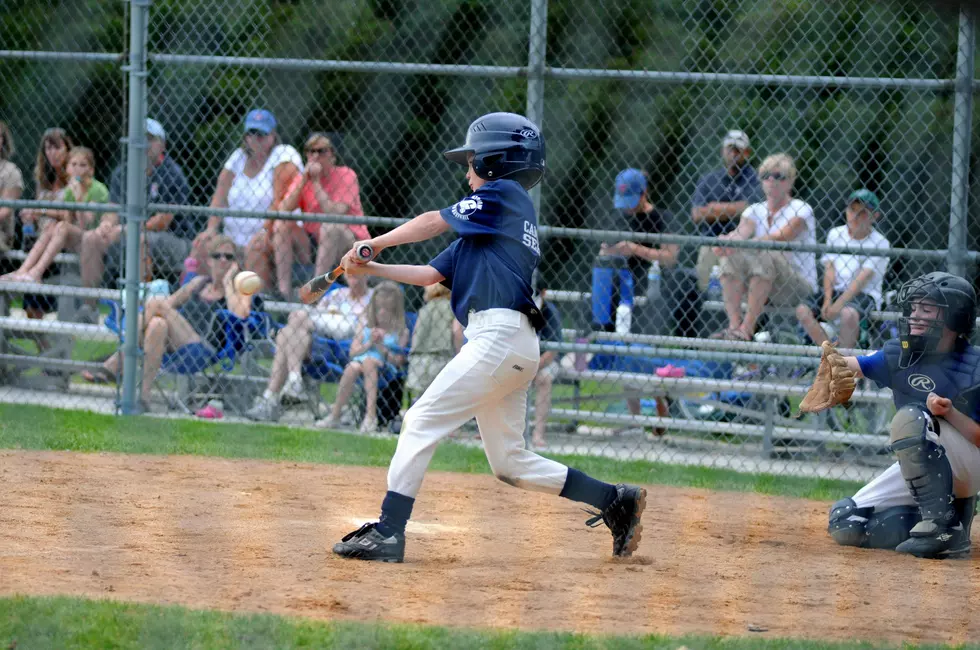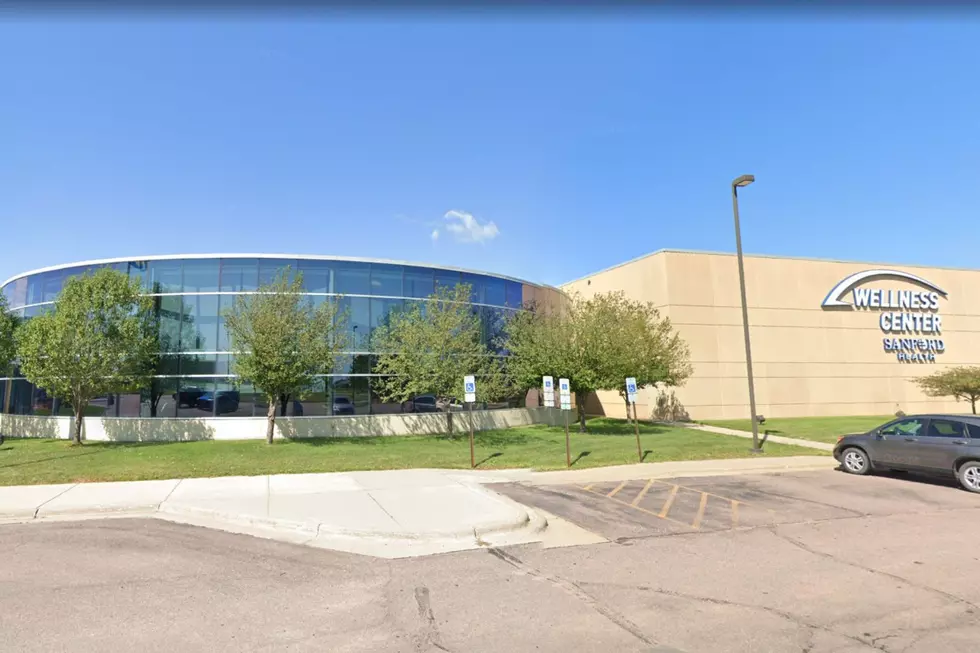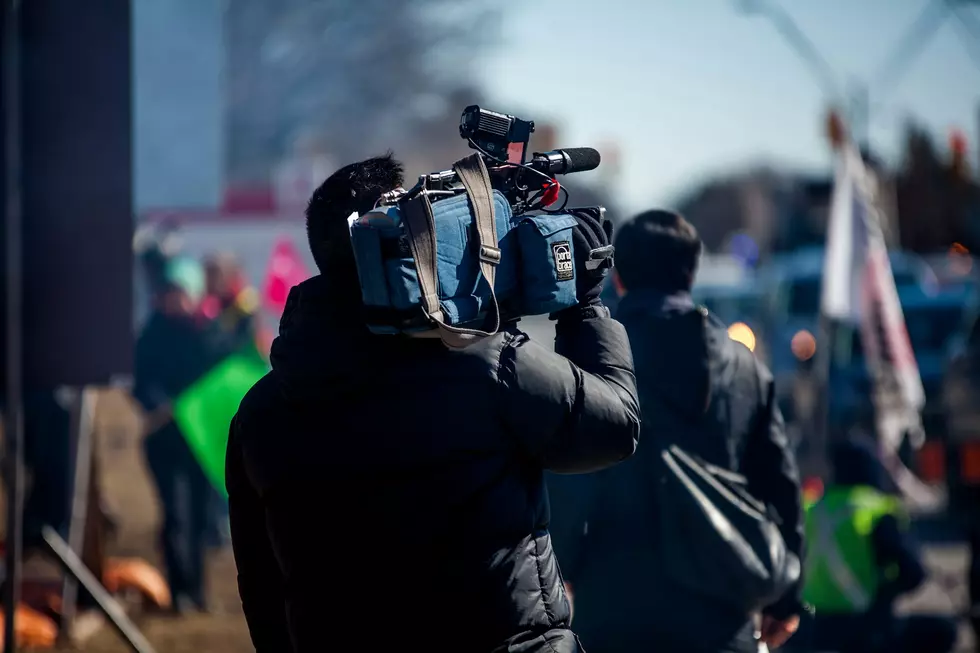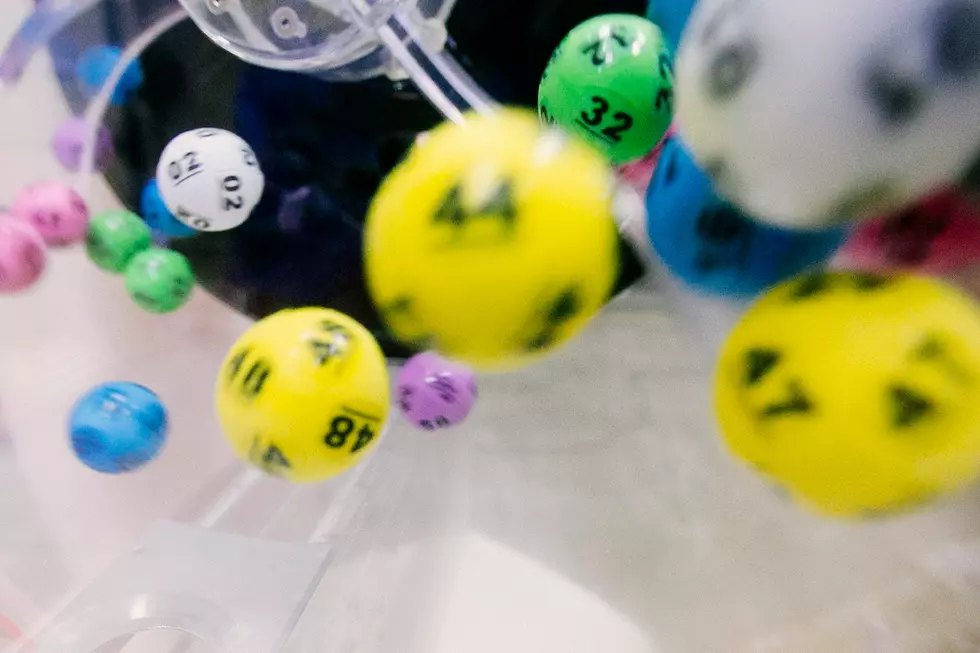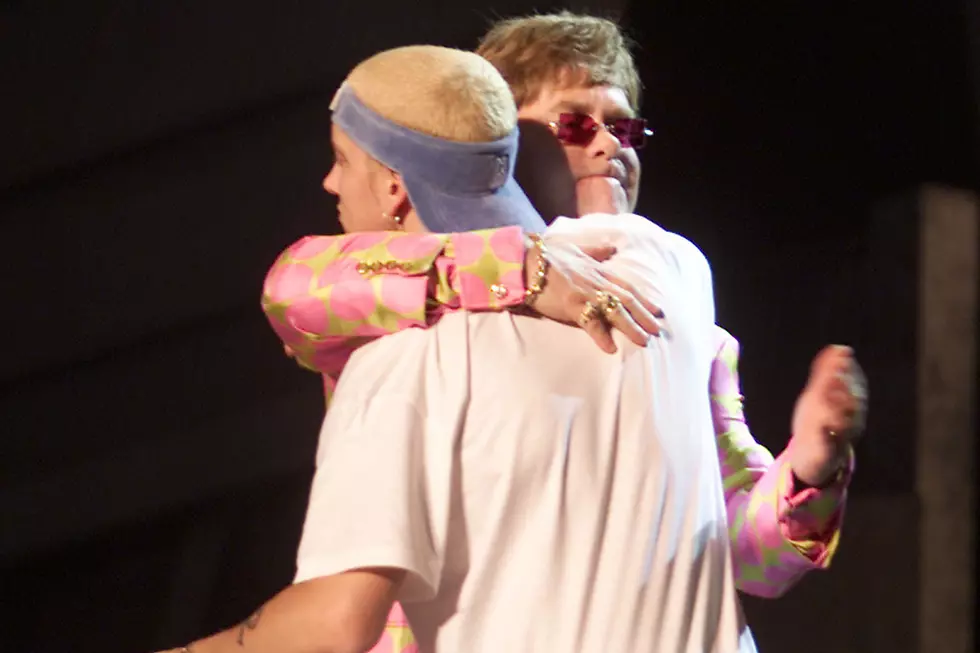
Why Elton John Faced Backlash to Stand by Eminem at the Grammys
When the 43rd Grammy Awards came around in February 2001, the event brought controversy with it. The subject was rap star Eminem, whose third album, The Marshall Mathers LP, went on win three statues that night.
Eminem was divisive because many of his lyrics were regarded as hate speech; in particular, rights campaigners accused him of expressing homophobic ideas. So when it was announced that Elton John was going to perform the single "Stan" with Eminem at the ceremony, controversy piled on controversy. The GLAAD organization (then known as the Gay & Lesbian Alliance Against Defamation) said they were “appalled” at John’s apparent support for someone “whose words and actions promote hate and violence.” A spokesperson added: “It’s hurtful. It’s embarrassing.”
But John said that, after receiving the invitation from Eminem, he had no qualms about agreeing to appear. “I’m a big fan of his music, and I said I would be delighted to,” he told the L.A. Times. “I know I’m going to get a lot of flak from various people who are going to picket the show [but] I’d rather tear down walls between people than build them up.” Asked if he believed the then-28-year-old rapper really was “hateful,” he replied: “If I thought for one minute that he was, I wouldn’t do it.”
Sensing the scale of interest, Ken Ehrlich, producer of the 2001 Grammys show, decided to leave the duet until the end. “Both of them were very careful about what we could do because they didn't want it to feel too exploitative, which I don't think it did,” he said later. The performance went ahead, with John replacing the parts of “Stan” sampled from pop singer Dido’s track “Thank You.”
An exploration of the rapper’s difficulties in dealing with fame, the narrative concerned a fictional communication with the titular Stan, an obsessive fan who becomes increasingly angry as Eminem fails to answer his letters, making dire threats in his last note. By the time Eminem finds time to write back, telling Stan that he needs to take care of his pregnant girlfriend and find help before it’s too late, the troubled fan has killed himself and his partner.
At the end of the performance, both artists appeared to be very emotional, embracing before taking a bow holding hands. As time went by, opinions on the rapper’s output changed: Some critics saying he effectively expressed the frustrations of a section of society, while others reconsidered John’s actions in taking part. “Being an artist, Elton can probably differentiate one’s art or lyrics from one’s own personal view,” industry commentator Steve Gottlieb told Entertainment Weekly, adding: “Back when there was that huge controversy over Axl Rose’s antigay comments on the Guns N’ Roses song ‘One In A Million,’ Elton John went ahead and performed with him at a Queen benefit show.”
“I love him,” John told Rolling Stone of Eminem in 2010. “I don’t see much of Marshall, but we speak a lot.” He added: “I ask him how he’s doing and tell him how proud I am of him. He’s got a great sense of humor. When David [Furnish] and I had our civil partnership, he sent us a present. In a case, on velvet cushions, were two diamond cock rings. So there’s a homophobe for you.”
Eminem and Elton John - ’Stan’
Elton John Through the Years
More From KYBB-FM / B102.7

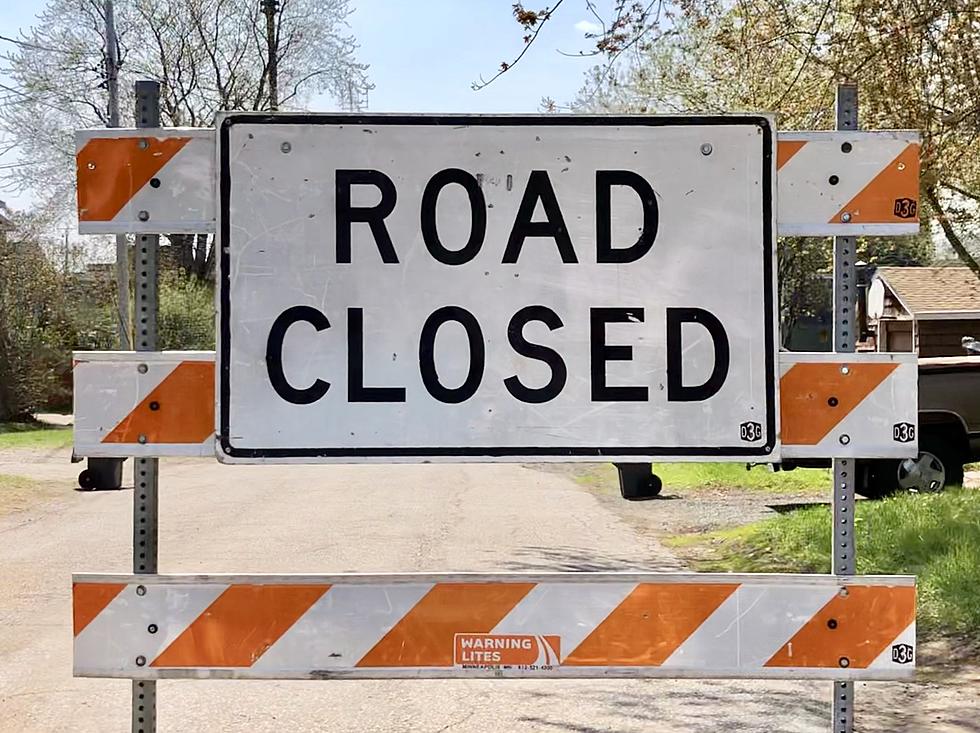
![The Odd Lost and Found of the Buffalo Chip in Sturgis, South Dakota [PHOTOS]](http://townsquare.media/site/486/files/2022/08/attachment-Copy-of-Copy-of-Copy-of-Standard-1600x1067-49.jpg?w=980&q=75)
